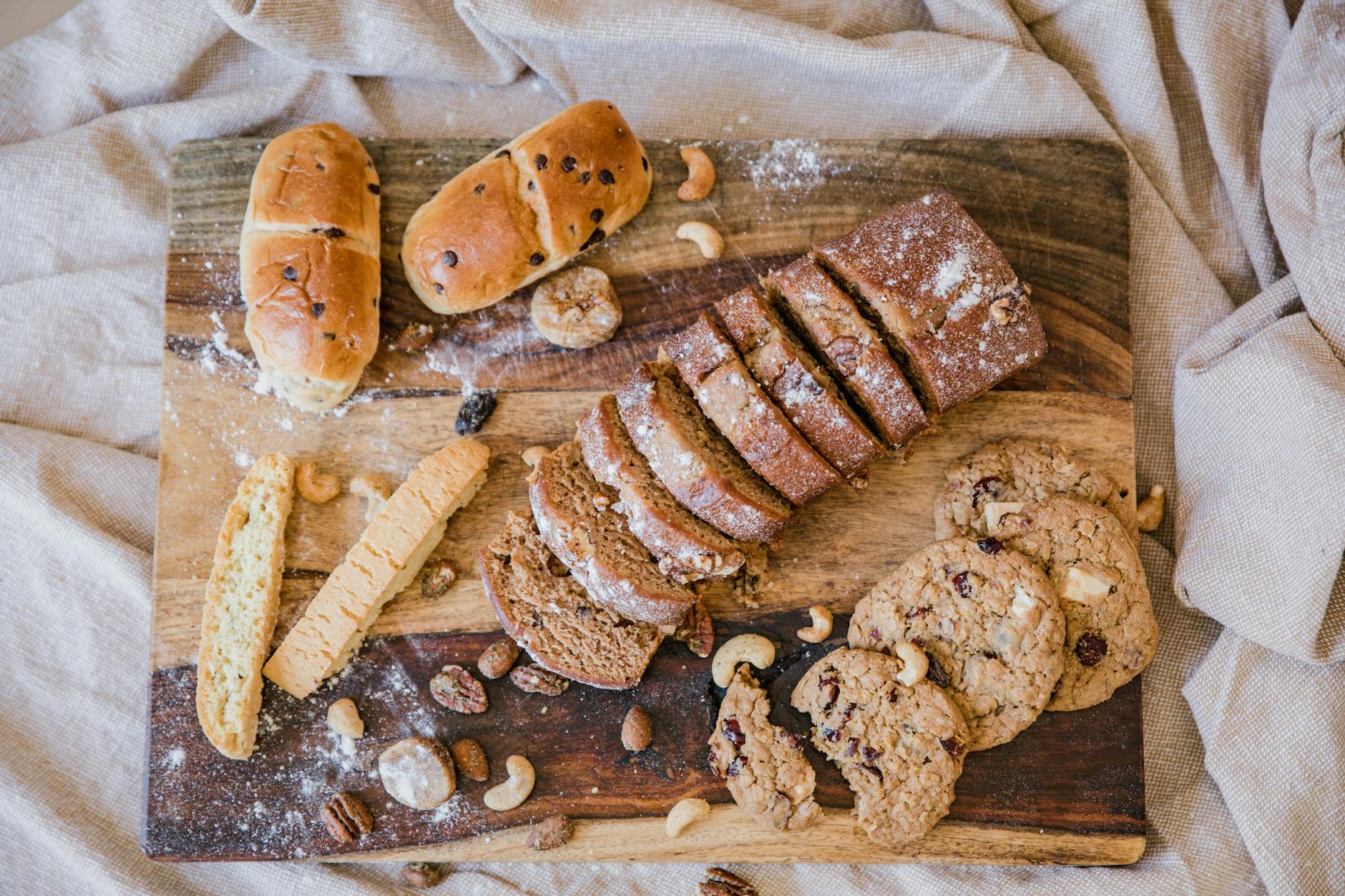
You hear the word and feel guilty before you even finish chewing
Carbs. The word alone makes people pause.
It carries weight, not just calories.
You’ve heard things—bread is bad, pasta is worse.
Rice? Only if it’s brown.
Fruit? Maybe too much sugar.
You begin questioning what used to feel normal.
Carbs become a category, then a warning.
But the truth isn’t that clear.
It never was.
Somewhere along the way, we turned food into fear
There wasn’t one single moment.
It crept in through headlines, diet books, advice from strangers.
Someone cut carbs and lost weight.
Someone else felt sluggish after bread.
Stories turned into rules.
And rules turned into fear.
You stopped asking what you felt.
And started following what sounded safest.
Even when it didn’t make sense for your body.
Not all carbs act the same—and your body knows that better than you think
A croissant and a bowl of lentils are both carbs.
But your body responds differently.
Some break down fast. Others take their time.
Some spike your blood sugar. Others keep it steady.
The texture matters. The fiber matters.
Even the company they keep—fat, protein—shifts everything.
You don’t need to memorize glycemic indexes.
But you should notice how you feel two hours later.
That’s the better data.
Cutting them out might help for a while, but then things start to shift
You skip the toast.
Then the fruit.
Then even the oats start to feel wrong.
At first, you feel light.
But later, you feel cold.
Tired. Irritable.
You miss things, and not just flavors.
You miss ease. Joy. Energy.
You begin to wonder if something’s been lost along the way.
You don’t crave carbs because you’re weak—you crave them because you’re alive
Your brain runs on glucose.
Your muscles do too.
When you’re tired, your body asks for fuel.
Carbs are the fastest answer.
That’s not failure—it’s function.
Cravings aren’t signs of disorder.
They’re messages.
You don’t always have to obey them.
But you should listen.
The carbs you pair with other foods stay with you longer
A slice of bread by itself moves fast.
Add eggs or avocado, and it slows down.
Fiber does that too.
So does fat. So does protein.
You don’t need to eliminate—just combine.
Think less about removing and more about rounding.
Your plate doesn’t have to be perfect.
It just needs to keep you steady.
What you eat in motion feels different than what you eat in stillness
A carb-heavy meal before a run feels energizing.
The same meal on the couch feels sleepy.
It’s not just the food—it’s the moment.
Your body’s needs shift all day long.
Morning carbs may lift you.
Evening carbs may soothe you.
Neither is wrong.
They’re just responding to different rhythms.
Carbs aren’t making you tired—imbalanced meals are
You blame the rice for the crash.
But maybe it was the lack of protein.
Or no fat. Or nothing green.
Carbs alone might not hold you.
But in a balanced mix, they work.
They carry other nutrients.
They make meals whole.
Blaming them misses the bigger picture.
Restriction can lead to obsession, even when you’re just trying to be “healthy”
You meant well.
You just wanted to feel better.
But the more you cut, the more you think.
About what you can’t eat.
About what you used to enjoy.
Suddenly, bread isn’t just bread.
It’s a decision. A conflict. A thing you “shouldn’t.”
That mental noise? It’s not balance.
It’s a sign something’s off.
Your body doesn’t want rules—it wants rhythm
Some days need more. Some days less.
Winter wants potatoes.
Summer wants fruit.
Movement changes everything.
So does rest.
Instead of asking “Is this good or bad?”
Try asking, “Is this what I need right now?”
That question gets quieter answers.
But more honest ones too.
